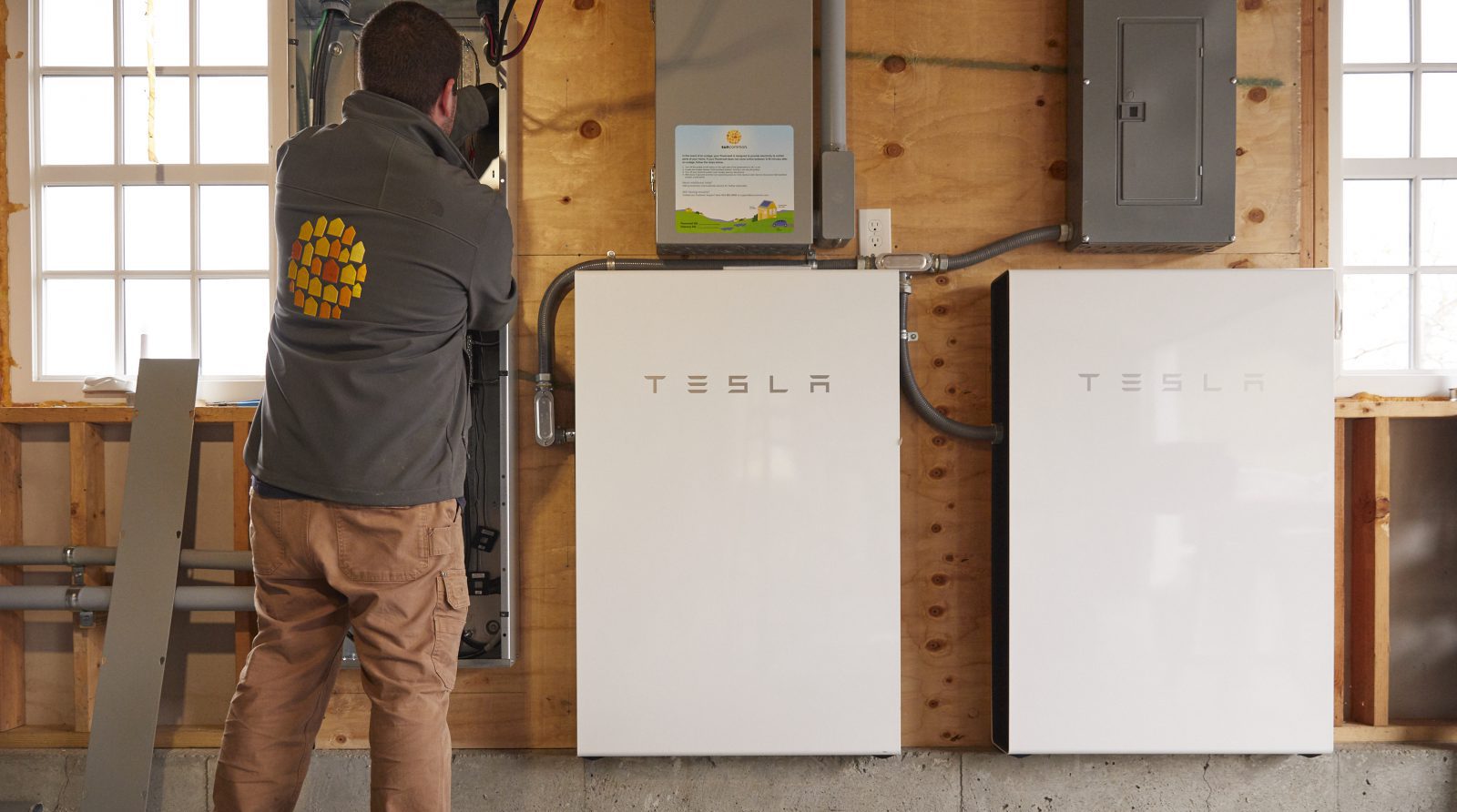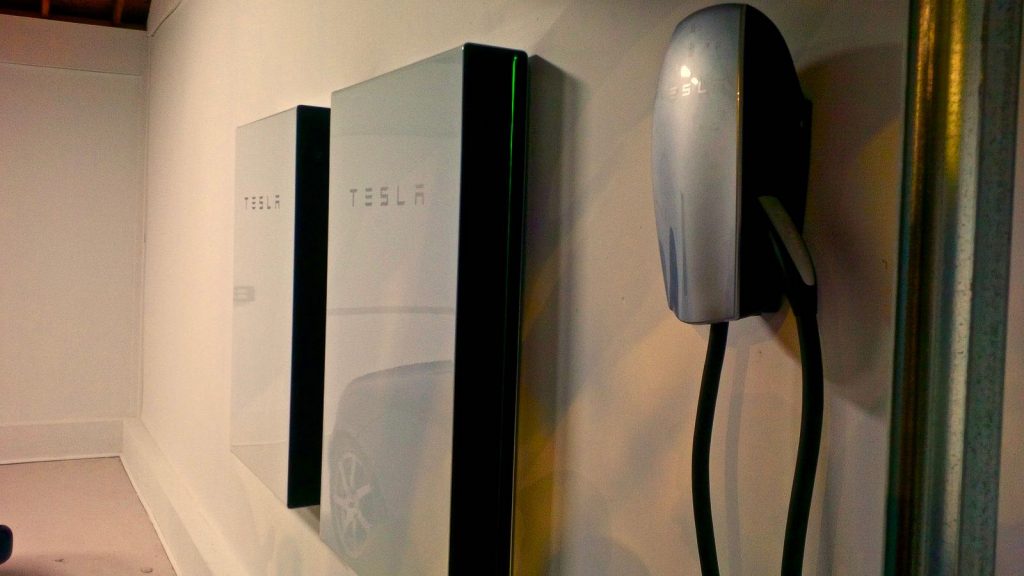

In 2020, Rocky Mountain Power rolled out a new program known as Wattsmart and started expanding it to its entire service area in Utah (which is most of that state). The utility also used the system to study what kinds of grid infrastructure upgrades it could defer with the help of those batteries in Soleil Lofts. Three years later, according to Canary Media, the batteries were being called upon to inject electricity onto the grid multiple times a day. Pretty soon, it was cycling those batteries all the time to reduce demand for fossil fueled peaker plants, relieve grid congestion, and deliver the momentary adjustments to the grid known as “frequency regulation.” Sure enough, Rocky Mountain Power started experimenting with this real world laboratory of distributed solar generation and energy storage conveniently located at a single point in the distribution grid. After a few days, the vast majority decide to keep it just as the most people would never consider taking a rescue puppy back to the dog pound.
#Rocky mountain power tesla powerwall free#
Give the customer the product and tell them they are free to return it later if they wish. In the world of sales, it is known as “the puppy dog” close. Then it gave Rocky Mountain Power the keys to the virtual power plant and wished them well.Īs marketing strategies go, this was a bold move. When the apartment complex was completed, sonnen approached Rocky Mountain Power, the area’s largest utility company, and said it had 12.6 MWh of stored energy at Soleil Lofts which it would be happy to share with the company. Marketing types just can’t resist such cutesy cleverness.) As a result, a sonnen battery became part of every unit in a new solar-powered apartment complex in a suburb of Salt Lake City known as Soleil Lofts. It found an installer partner called ES Solar that was willing to completely overhaul its sales tactics to emphasize what batteries can do.

sonnen struck a deal with Wasatch Group, a housing developer. Rooftop solar was a niche market at best, there were no state incentives for domestic renewable energy, and the state’s net metering program paid rooftop customers far less for their excess electricity than they paid for electricity from their local utilities. At first glance, Utah seemed like pretty rocky soil for an idea like this to flourish. In 2017, sonnen GmbH, a German residential battery company, was exploring places in America where it could replicate the virtual power plant systems it had already created in Europe.


 0 kommentar(er)
0 kommentar(er)
